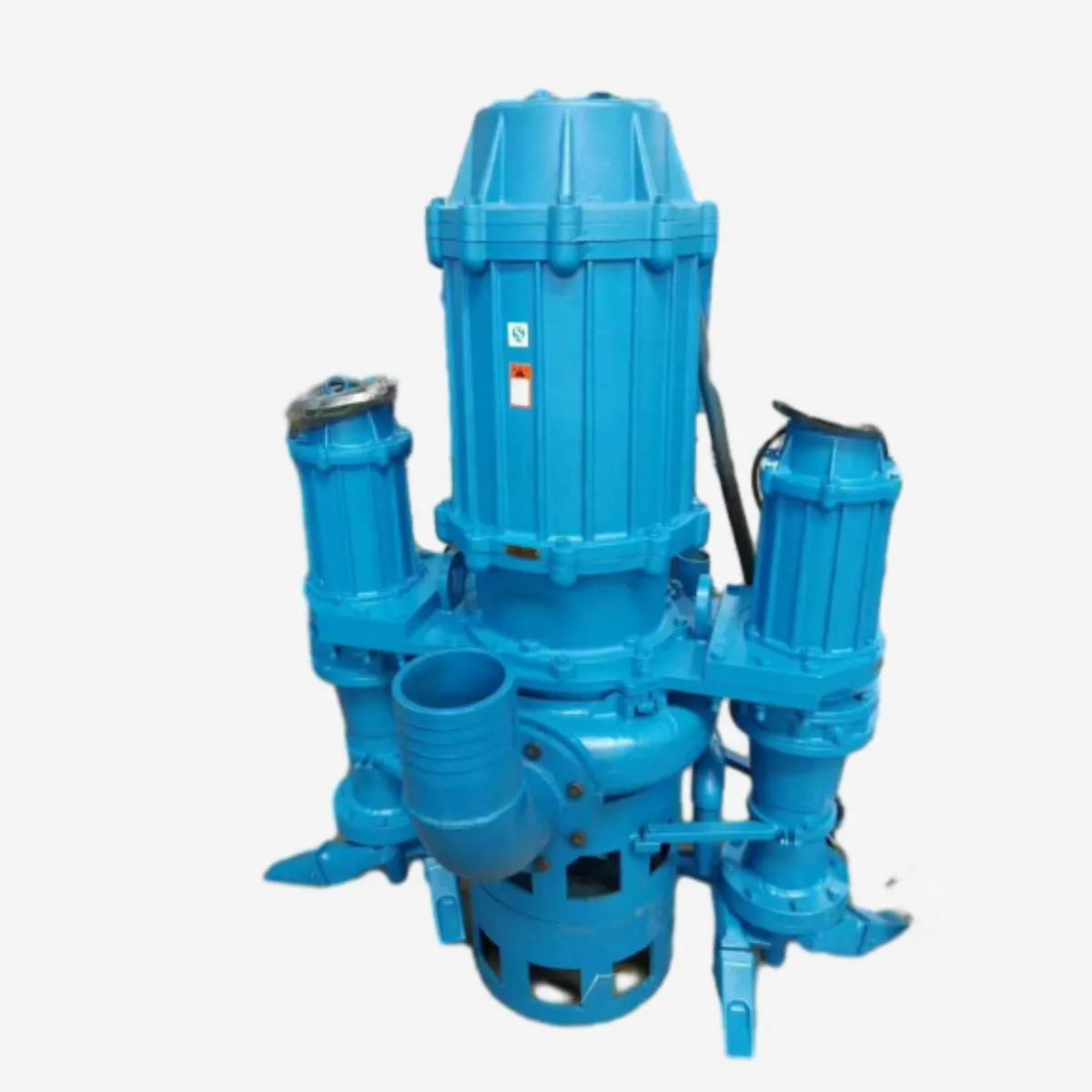English
- Afrikaans
- Albanian
- Amharic
- Arabic
- Armenian
- Azerbaijani
- Basque
- Belarusian
- Bengali
- Bosnian
- Bulgarian
- Catalan
- Cebuano
- Corsican
- Croatian
- Czech
- Danish
- Dutch
- English
- Esperanto
- Estonian
- Finnish
- French
- Frisian
- Galician
- Georgian
- German
- Greek
- Gujarati
- Haitian Creole
- hausa
- hawaiian
- Hebrew
- Hindi
- Miao
- Hungarian
- Icelandic
- igbo
- Indonesian
- irish
- Italian
- Japanese
- Javanese
- Kannada
- kazakh
- Khmer
- Rwandese
- Korean
- Kurdish
- Kyrgyz
- Lao
- Latin
- Latvian
- Lithuanian
- Luxembourgish
- Macedonian
- Malgashi
- Malay
- Malayalam
- Maltese
- Maori
- Marathi
- Mongolian
- Myanmar
- Nepali
- Norwegian
- Norwegian
- Occitan
- Pashto
- Persian
- Polish
- Portuguese
- Punjabi
- Romanian
- Russian
- Samoan
- Scottish Gaelic
- Serbian
- Sesotho
- Shona
- Sindhi
- Sinhala
- Slovak
- Slovenian
- Somali
- Spanish
- Sundanese
- Swahili
- Swedish
- Tagalog
- Tajik
- Tamil
- Tatar
- Telugu
- Thai
- Turkish
- Turkmen
- Ukrainian
- Urdu
- Uighur
- Uzbek
- Vietnamese
- Welsh
- Bantu
- Yiddish
- Yoruba
- Zulu
Telephone: +86 13120555503
Email: frank@cypump.com
Nov . 28, 2024 00:18 Back to list
Pumping Systems for Efficient Septic Tank Management and Maintenance Solutions
The Role of Pump Systems in Septic Tank Management
Septic systems play a crucial role in managing wastewater in rural and suburban areas where centralized sewage treatment is not available. An essential component of many septic systems is the pump system, which helps in the efficient movement of wastewater from the septic tank to the drain field or leach field. Understanding the function and importance of these pump systems can significantly enhance their effectiveness and longevity.
Understanding Septic Tanks
A septic tank is an underground chamber made of concrete, fiberglass, or plastic, and is designed to treat and dispose of household wastewater. When wastewater flows into the tank, solids settle at the bottom, forming sludge, while fats and oils float to the surface, creating a layer of scum. The liquid effluent in the middle is then released into the drain field, where it is further treated by soil organisms.
In gravity-fed systems, wastewater flows naturally from the home into the septic tank due to the slope of the land. However, in some situations, especially in areas with flat terrain or where the tank is situated lower than the drain field, a pump system becomes essential.
The Importance of Pump Systems
A pump system in a septic tank setup ensures that the effluent is pushed into the drain field with adequate pressure and flow rate. These systems are particularly beneficial for
1. Efficient Wastewater Management Pump systems enable the movement of wastewater over various distances and elevations, promoting effective dispersal into the drain field. This ensures that sewage does not back up into the household and that the system operates as intended.
2. Preventing System Overflows By maintaining the proper flow of effluent, pump systems help prevent overflows and backups, which can lead to costly repairs and health hazards from sewage leaks.
pump system septic tank

Types of Pump Systems
There are primarily two types of pump systems used in septic tank management
1. Effluent Pumps These pumps are used to move liquid from the tank to the drain field. They are activated by a float switch when the water level in the tank rises to a certain point. Effluent pumps are designed to handle wastewater that has already undergone primary treatment, and they often come with filtration systems to prevent clogging.
2. Grinder Pumps In certain cases, a grinder pump may be required. These pumps not only move wastewater but also grind up solids before sending them to the leach field. This is particularly useful for homes with lower plumbing fixtures or for systems requiring long-distance transfers of sewage.
Maintenance and Care
To ensure the longevity and efficiency of pump systems, regular maintenance is crucial. Homeowners should have their septic systems inspected at least once a year by a qualified professional. Additionally, keeping the system clear of non-biodegradable items and chemicals can prevent damage and ensure proper functioning.
Signs of a failing pump system include slow drains, backed-up toilets, and unpleasant odors around the septic tank. Addressing these issues promptly can save homeowners from more severe problems and costly repairs in the long run.
Conclusion
Pump systems are vital in the effective management of septic tanks, ensuring that wastewater is efficiently processed and safely dispersed. With appropriate installation and regular maintenance, these systems can significantly enhance the functionality of septic systems, providing peace of mind to homeowners while safeguarding environmental health. Understanding the role, types, and maintenance of pump systems is essential for anyone relying on septic tank technology for wastewater management.
-
Horizontal Split Case Pump with GPT-4 Turbo | High Efficiency
NewsAug.01,2025
-
ISG Series Pipeline Pump - Chi Yuan Pumps | High Efficiency, Durable Design
NewsAug.01,2025
-
Advanced Flue Gas Desulfurization Pump with GPT-4 Turbo | Durable & Efficient
NewsJul.31,2025
-
ISG Series Vertical Pipeline Pump - Chi Yuan Pumps | Advanced Hydraulic Design&Durable Construction
NewsJul.31,2025
-
ISG Series Vertical Pipeline Pump - Chi Yuan Pumps | Energy Efficient & Low Noise
NewsJul.31,2025
-
pipeline pump - Chi Yuan Pumps Co., LTD.|High Efficiency&Low Noise
NewsJul.31,2025










